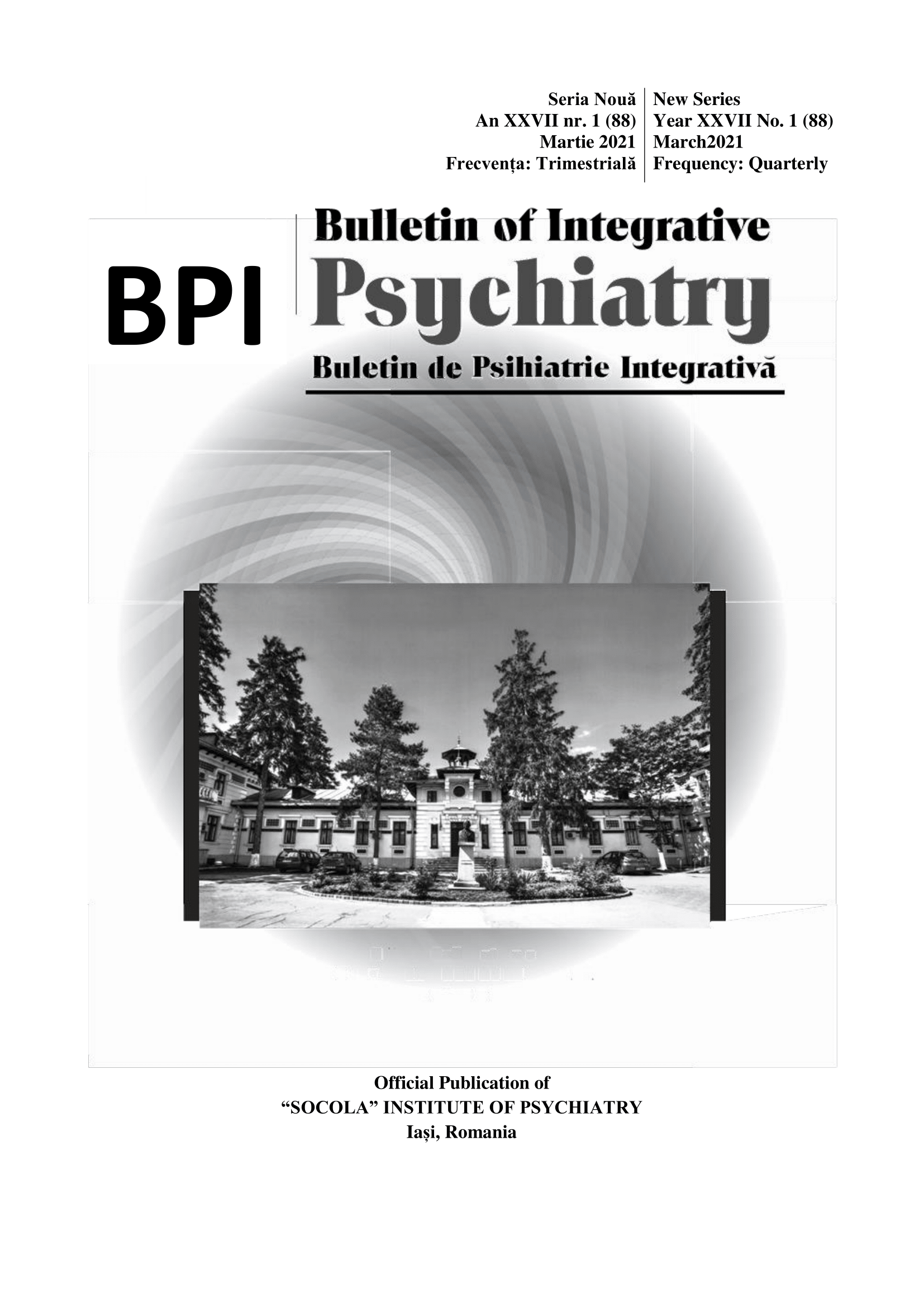The biochemical interaction between vitamin D and superoxide dismutase could influence anxiety and depressive-like manifestations
The biochemical interaction between vitamin D and superoxide dismutase could influence anxiety and depressive-like manifestations
Author(s): Sorin Ungurianu, Constantin Trus, Roxana-Rosmary EnciuSubject(s): Health and medicine and law
Published by: Editura Sedcom Libris Iasi
Keywords: Vitamin D; oxidative stress; anxiety; depression; superoxide dismutase; SOD;
Summary/Abstract: It has been proven that vitamin D has positive effects on human cognition. Given this potential therapeutic role, we designed the present study to determine if a vitamin D deficient diet would increase the depression-like and anxiety-like behaviors of lab rats by increasing the level of oxidative stress. We determined the level of oxidative stress in our study by measuring the level of the antioxidant enzyme- superoxide dismutase (SOD) in the brain. We had two groups of rats: a group which received a normal rat diet containing vitamin D and a group which received a diet with 0 vitamin D in it. Regarding the level of oxidative stress, determined by measuring SOD, the ANOVA showed that there was a statistically significant difference among the rats in the control group and the rats which received the vitamin D deficient diet in regards to SOD levels ( p<0.001). With reference to the depression-like behavior, measured with the forced swim test, the statistical analysis showed that there was a statistically significant difference between the control group and the vitamin D deficient group regarding the duration of time animals spent being immobile in the water (p < 0.001). In addition, in regards to the anxiety like behavior, our results also demonstrated that there was a statistically significant difference between the control group and the vitamin D deficient group regarding the time the rats spent exploring the center of the Open Field Test (p < 0.001). Overall, our investigation demonstrated that feeding rats a diet deficient in vitamin D for 6 weeks is associated with a decrease in SOD and an elevation of observed anxiety and depression-like behaviors. These findings suggest that vitamin D deficiency, induced through diet, is associated with an escalation of oxidative stress and specific alterations in the rats’ brain neurochemistry.
Journal: Buletin de Psihiatrie Integrativa
- Issue Year: 88/2021
- Issue No: 1
- Page Range: 81-89
- Page Count: 9
- Language: English

